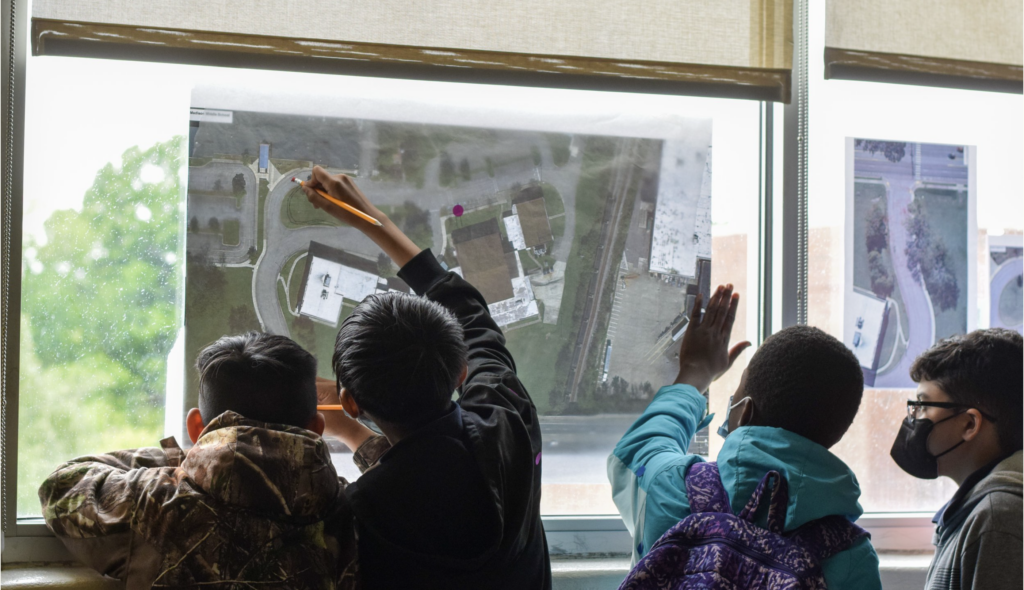
Imagine Nashville, the citywide initiative that asked residents to envision their dream city, has released data from a different perspective: the city’s youth.
The effort engaged the Civic Design Center’s youth design team — a group of high schoolers that collects data and designs advocacy projects — to create and facilitate a workshop and survey.
The team gathered over 1,000 responses from residents ages 18 and under, giving insight to what kids think is the best part of living in Nashville (the restaurants, shopping and entertainment) and what they dislike most (traffic, and how difficult it is to get around).
Both of these takeaways are in line with Imagine Nashville’s 10,000 responses from the city’s adult population.
But, when it comes to “sense of belonging,” results begin to diverge.
Imagine Nashville showed that 78% of adults felt they “belong,” in Nashville. The youth survey saw that number drop to 60%.
“Why are young people not feeling as strongly as adults?” asks Renata Soto, one of the co-chairs of Imagine Nashville’s steering committee. “It is certainly a contrast that we should all pay attention to, be concerned about and be responsible to address.”
That percentage of belonging does vary across different groups — for youth, it declines further, by more than 10%, amongst those attending charter schools, and for kids who are Black, of Middle Eastern or North African descent, or of two or more races. Amongst kids who are white or attend private schools, it increases by at least 12%.
Christopher Barksdale, who serves on the youth design team, says many of his peers have expressed that even small changes — like new construction or lack of community spaces — make Nashville harder to live in.
“It’s just a lack of consideration for kids,” Barksdale says. “A lot of stuff is getting cut from kids in order to make Nashville a more development friendly place.”
Imagine Nashville is in the process of drafting recommendations based on the adult and youth surveys. They will take these recommendations to communities for feedback before presenting the final report to Metro this summer.

